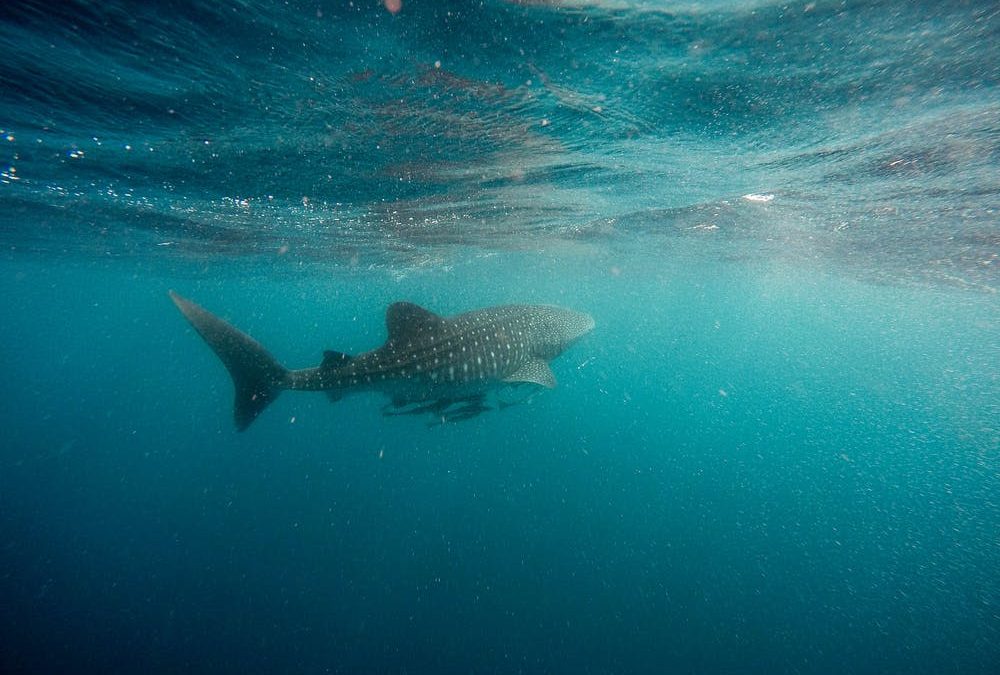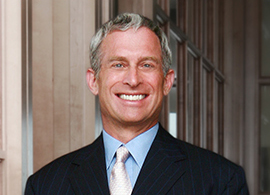Eight seasons and over 350 on-air deals later, Shark Tank has finally surpassed a total investment outlay of more than $100 million.
Although a serious landmark for the hit show that had slow beginnings, the information is slightly misleading. Yes, over $100 million worth of deals have appeared on the show, but those deals didn’t always work out. In fact, about fifty percent of the deals made on Shark Tank don’t even work out. After the cameras stop rolling, an issue arises that stops the investment process.
There’s a variety of reasons deals don’t stick–investments are dropped, changed, or sometimes even flat out rejected.
We’ve seen it happen on camera as well. There is the classic story of the three Kang sisters and their innovative dating app Coffee Meets Bagel. Mark Cuban offered $30 million (the largest in the show’s history to date). However, they opted to reject the deal, believing that they would be more successful independent of Cuban’s funding.
At the same time, sometimes deals do happen well after the company appears on the show.
And while they’re not always perfect, multi-million dollar deals have become standard for the show. Zero Pollution Motors, pitched by musician Pat Boone and entrepreneur Ethan Tucker, is a prime example. It holds the record for accepting the largest deal in Shark Tank history for a car that runs on compressed air. The deal was $5 million in exchange for 50 percent equity and the opportunity to negotiate rights to bring the technology to the U.S (offered by shark Robert Herjavec).
Although not all deals close after taping, many of the entrepreneurs have emphasized other benefits of appearing on the show–the biggest one being exposure. Christopher Sakezles, the CEO of SynDaver Labs, a synthetic human tissue and body parts company, said after appearing on the show: “You can buy [exposure], but small companies can’t unless they have money for a Super Bowl ad” (Sakezles accepted investor Robert Herjavec’s offer of $3 million for 25 percent equity in 2015 but the deal did not close after taping).
JD Claridge and Charles Manning of xCraft also spoke of the importance of exposure after they secured a $1.5 million deal (evenly between all the Sharks). Landing such a substantial deal is exposure unlike any other, and inspired attention from other investors.
Other big winners include Andrew McMurray for the single-serve wine company Zipz Wine, Melissa Carbone for her LA-based entertainment company Ten Thirty One Productions, and Steven Bofill and Brian Shimmerlik for their digital vending machine company Vengo. Each deal was at least $2 million in investment.
Rob Dickens and Brad Scrudder of urban adventure and obstacle course company Rugged Races, along with Ben Young and Greg Coleman of fitness app Sworkit, scored deals upwards of $1.5 million from shark Mark Cuban.
Dickens (from Rugged Races) expressed that knowing your company inside and out is the key to getting large investments from the Sharks: “If you know all your facts… they can’t rattle you, and you won’t accept a lower offer than you should.”






